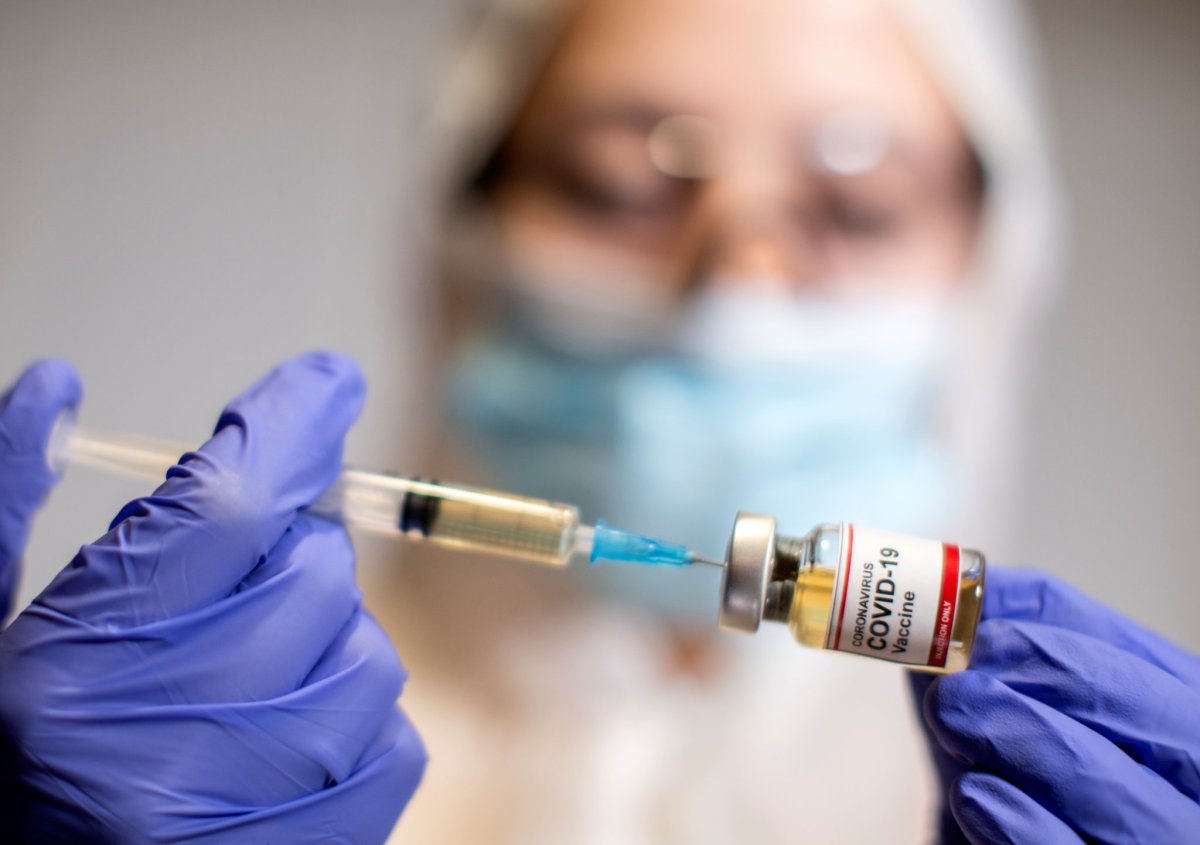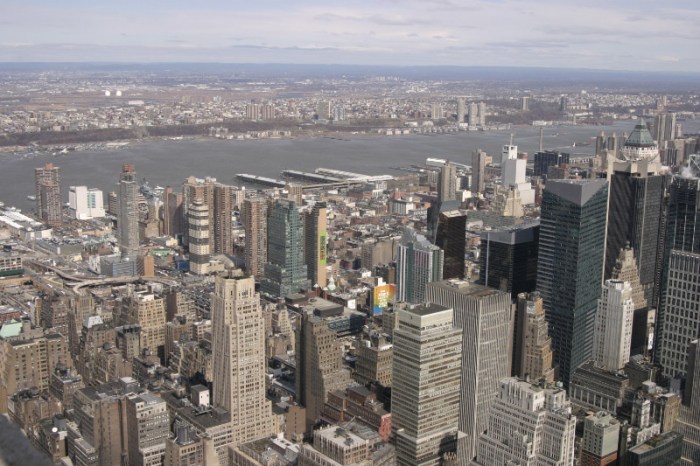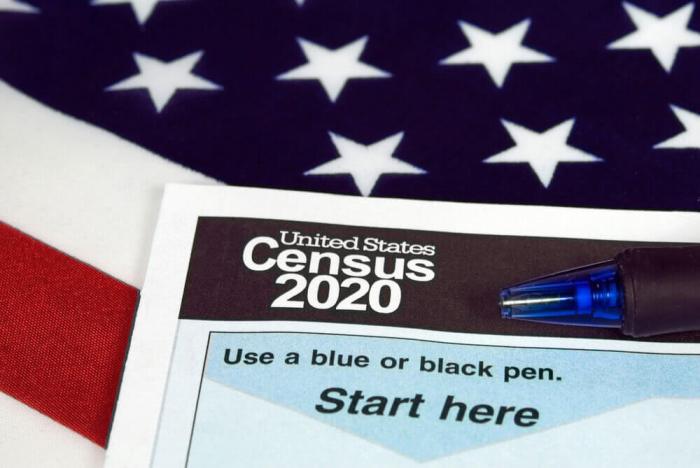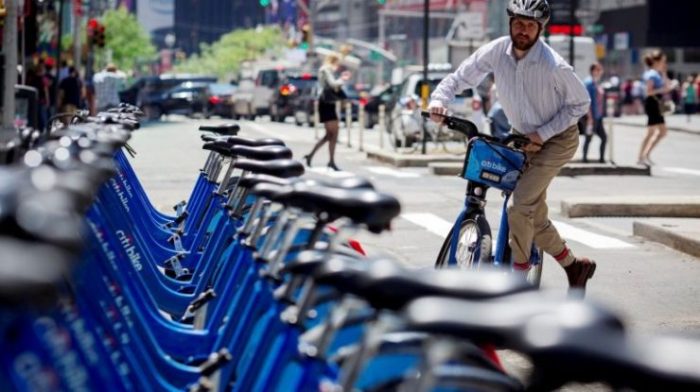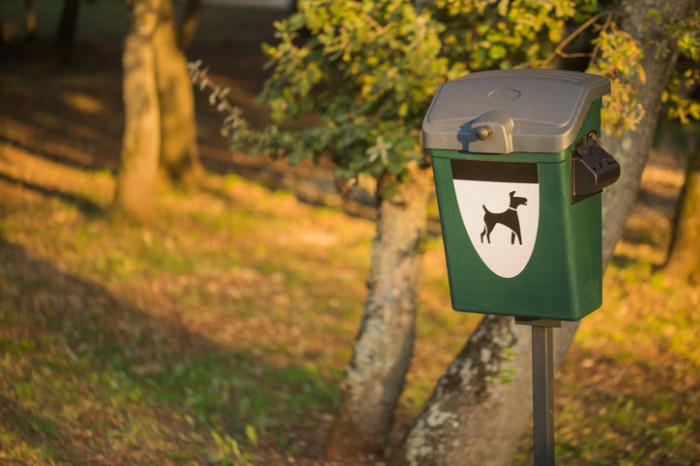New York City is at a crucial point in the COVID-19 public health emergency. On the one hand, there is reason to hope for better days ahead: Safe, effective, lifesaving vaccines are arriving, and new cases of COVID-19 are starting to trend down.
On the other hand, we have reason to be concerned. New strains of the COVID-19 virus are being detected in New York City. One in particular is called the “B.1.1.7” variant, and it was first found in the United Kingdom. Currently, there are at least 59 known cases in New York City, and likely many more will be detected. In a random sample of specimens submitted to the New York City Pandemic Response Lab during the most recent week, 6.2% were confirmed as B.1.1.7—compared to 2.7% in January.
The best protection against the coronavirus, including new variants, are the public health precautions that we know work. While we push for an increase in vaccine supply, our guidance remains as urgent as it has always been: Wear face coverings, wash your hands, keep your distance, stay home if you’re feeling ill, and get tested regularly, and get vaccinated when it’s your turn.
I hope my own recent diagnosis with COVID-19 serves as a reminder that all of us are susceptible to the virus. Particularly with the new variants, our public health precautions are that much more important, both to protect ourselves and others.
Understandably, New Yorkers have many questions about B.1.1.7, other emerging variants, and how the City is preparing.
What we know is, mutations are common when a virus continues to spread. Like the COVID-19 strain with which we are familiar, new variants are primarily transmitted through the air in droplets, but some of them seem to spread more easily and may be more likely to cause severe illness.
Because of this, it could lead to a spike in people ill enough to require hospital care. We are still learning about the effectiveness of vaccines on these new variants, but the research so far is consistent that the COVID-19 vaccines authorized by the FDA will help lower the risk of severe infections and death.
The Health Department is continuing to investigate variants in New York City and pore over the latest data from the U.S. and around the world.
To test for B.1.1.7 and other variants, we use genomic sequencing, which is a highly specialized process that involves sophisticated laboratory equipment, computing facilities, and staff. The City is doubling capacity at our own Public Health Lab, supporting new, high-volume sequencing at the Pandemic Response Lab, and collaborating with New York State and academic laboratories to ensure that we are tracking the emergence and spread of known and emerging variants—including those found in South Africa, Brazil, or other states in the country.
I know that staying apart is not easy, especially in the winter months and after the year we have endured. But remember that the virus spreads best when groups gather indoors, even in smaller gatherings.
Just as viruses evolve, so must our defenses. That’s why the Health Department recently put out new guidance on masks. The single most important thing remains wearing face coverings consistently and properly, covering both your nose and mouth, indoors and outdoors. The guidance also recommends double-masking for additional protection—with a cloth face covering over a disposable mask—and if you are at an increased risk of the virus, consider higher-grade masks like the KN95 or KF94.
Right now, it’s all-hands-on-deck. We are asking New Yorkers to do everything possible to avoid those hard months last March and April when we collectively suffered through so many losses of family members and neighbors.
In the weeks ahead, spreading positive, public health messages must become more contagious than the virus itself. That’s how we’re going to stop the spread of this virus—together.
Dr. Chokshi is New York City’s Health Commissioner

